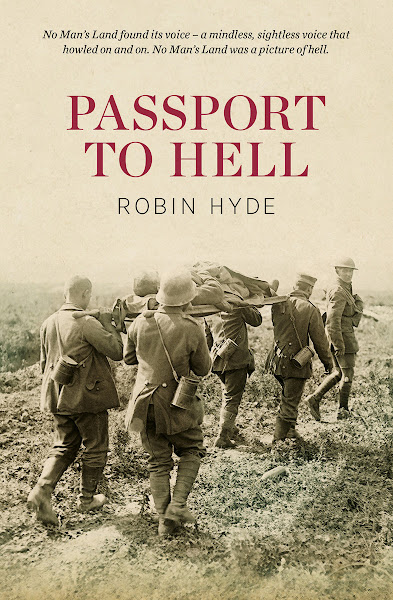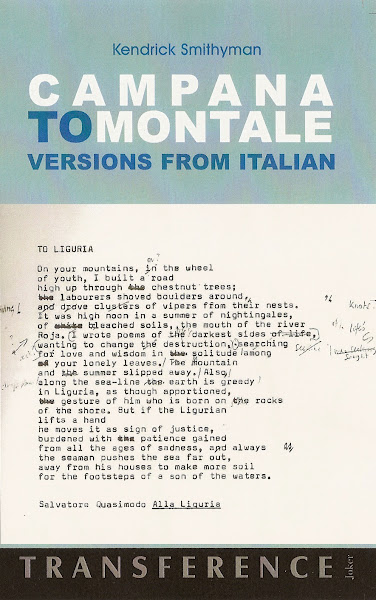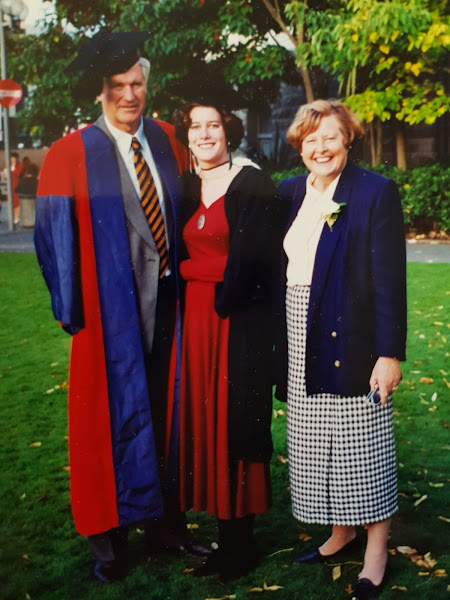John Fenton. Slightly Foxed b.o.f. [= but otherwise fine]. Auckland: John Denny, 1997.
I once belonged to a secret society.
It wasn’t especially secret – just a group of book enthusiasts who met once every month at the Kinder House in Auckland to jaw about their latest finds. It was called “Slightly Foxed.”
I first found out about it during a last-minute Christmas shopping spree. I’d just located a facsimile edition of Shackleton’s Terra Australis journal to give to my father, when I got to chatting to the salesman behind the desk.
He was quite a young guy, but very eager to talk – some relief from the surging crowds in Whitcoull’s basement, I suppose. When I admitted I was a bit sorry to give away such a prize rather than keeping it for myself, he urged to buy another copy. “Go on, you know you want to.”
Then we started skiting about how many books we respectively owned. Then onto this strange little club he apparently belonged to, and the respective tastes of its various members. One, I recall, was an enthusiast for the works of John Cowper Powys, but (as my new friend remarked) his own attitude to that author was “why use one word when ten will do?”
Having been a card-carrying Powysian since my teens, I vigorously demurred, and so it went on. It took me quite some time to extricate myself from there, but I have to say that the whole exchange remains quite vivid in my mind.
I never saw him again.
When I mentioned this “Slightly Foxed” group to a friend of mine, Murray Beasley, back at Auckland University, where we were both teaching at the time, he said that he had once attended a meeting of theirs, had a good time, but never been invited back. “It wasn’t really clear what the set-up was. Did one have to be shoulder-tapped? Were they judging the cut of my jib? Or should I simply have … turned up?”
A few years later, back in Auckland from a sojourn abroad, another friend, Kate Stone, asked me along to a meeting. She, it seemed, was a regular attendee, and knew all the regulars.
It was odd. From my long-ago conversation with the chap in the bookshop, I’d imagined something terribly high-powered: erudite discussions of colophons and signatures; all that bibliographical panoply I’d so eagerly tried to master in my years away at the University of Edinburgh.
Not so. The first time I attended the talk was (I think) entitled “Books on Waiheke,” and featured an old cloth bag containing various random finds obtained from the stalls and bookshops on the island, with desultory discussion of how much (or little) they’d cost. Hobbyist rather than serious collector talk.
But I was lonely, and it was a chance to get out and about, and the Kinder House was quite an atmospheric place to sit on a dark winter evening, with books on the table and mulled wine in one’s glass. So even when Kate stopped attending regularly, I kept on going along. I’d got on the mailing list somehow, so I suppose I had been shoulder-tapped, if such rituals ever actually took place. The whole thing was so informal, really, that it seemed impossible to imagine that there could have been that many obstacles to another person filling a chair.
The members were certainly both various and interesting. The oldest and most eminent was undoubtedly Ron Holloway, famous for printing so many New Zealand classics at his Griffin Press in the 1930s and 40s. He was pretty deaf, and seldom (if ever) took part in the discussions.
Then there was John Denny, a far younger, far more onto-it artisanal printer. He remains a friend. But the heart and soul of the group, so far as I was concerned, was John Fenton. A generous and clubbable man, interested in all aspects of the bookish game, especially Beat poetry and Jazz. It was he who wrote the society's history, pictured above - and, yes, that club logo on the cover was contributed by the great Ronald Searle!
Who else? Let's see - there was David Greeney, who'd had a career working in the publishing trade, and who knew it inside out as a result; there were Jan & Peter Riddick, a canny pair of local environmentalists; then there was the printer Ken Wood, who had a passion for collecting the same number from each numbered, limited edition he encountered. He must have had a magnificent collection even then!
- 1997 - (24 September) “The Thousand and One Nights.”
- 1998 - (18 March) “Kendrick Smithyman.”
- 1998 - (10 June) “Maxim Gorky” [with Bruce Grenville]
- 1999 - (1 September) “Mikhail Lermontov” [with Bruce Grenville]
- 2000 - (19 July) “Henry James.”
- 2001 - (21 March) “Antarctica.”
- 2001 - (19 September) “Edgar Allan Poe.”
- 2002 - (24 April) “Shakespeare.”
Probably the most successful of these - from the point of view of the other members, at any rate - were the ones where fellow-member Bruce Grenville, the (self-styled) Sultan of Occussi-Ambeno, showed a film from his massive collection of old celluloid – much of it inherited from the defunct stores of the Soviet embassy – while I talked about the life and works of the author concerned.
It was Bruce who contributed indirectly to my exit from the society, in fact. At one of the last of these talks – I think probably the one on Edgar Allan Poe – he got into an argument with the club’s president, and the two of them almost came to blows.
“If this continues, I’m out of here.” I proclaimed. There was no pleasure to be found in sitting at a table with these two gentlemen sniping at each other, and I think I came back just once after that, to give one last talk on Shakespeare.
I still run into old “Slightly Foxed” alumni, though, some twenty years on. I met up with John Fenton again recently, and he tells me that the society has, in fact, folded - but then he would say that, wouldn't he? Perhaps it still continues in some clandestine form.
To be honest, more of my energies were directed into writing groups by then: first the (so-called) “Bookshop Poets,” who met at Lee Dowrick’s house in Devonport; and subsequently the “Eye Street Poets,” who gathered at Raewyn Alexander’s place in Western Springs. I rather miss those convivial gatherings, too.















